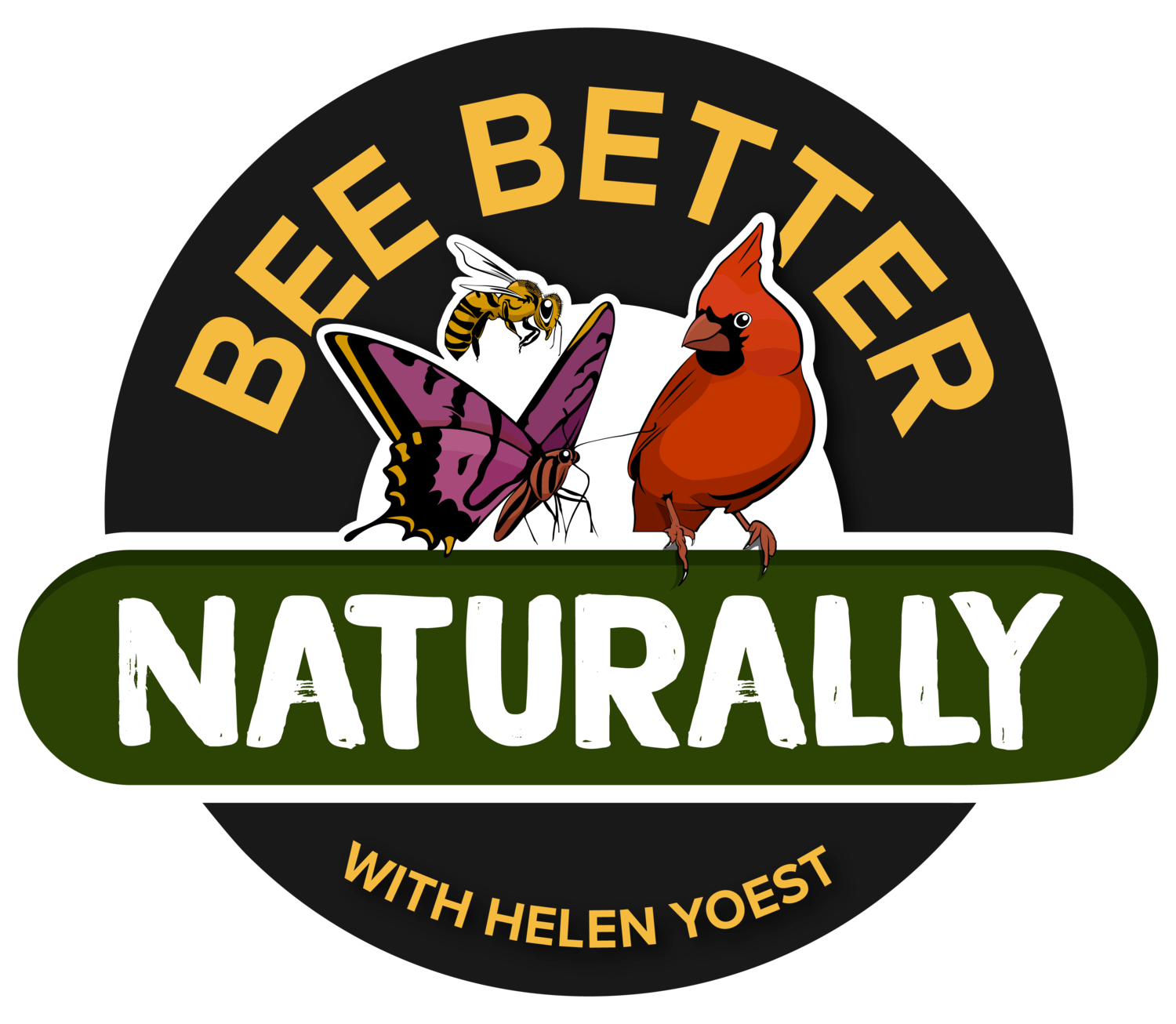The Triangle area has had a rabbit infestation for the last few years! It's war now! Gardening is expensive enough, and to plant one day only to see plant nubs the next is infuriating! Rabbits are more than a nuisance to gardeners; their cost to deter them could require you to postpone retirement if you are not careful.
They avoid only a few plants, but their appetite ranges from herbs and vegetables to shrubs and even tree bark.
In the Bee Better Teaching Garden, the bunnies favor five plants in particular, including any in the family of Rudbeckia, those delightful and colorful black—and brown-eyed Susans, Echinacea spp., coneflowers of all colors, which happen to be my particular favorite, Zinnia elegans, zinnias, Coreopsis spp., tickseed, and lettuce, which I grow for my family and the chickens.
I've used garlic-based spray-on types, but they don't hold up well after rain. I used to love it when it rained, but now I can scream! At least that is better than being out of town when it rains and I'm defenseless; I have no means of reapplying!
Then, my friend Mac Williamson, with the Gardeners of Wake County, recommended Plantskkyd. This granular product was touted as lasting through light rain. I bought some, and it worked better. As a gradual, it takes longer to break down. It's the same with the I Must Garden product, which works the same. But each still required attention, and I quickly became attention deficit with a garden the size of the Bee Better Teaching garden!
Some perennials and bulbs are more rabbit-resistant than others, but few are genuinely rabbit-proof. That's because, like people, different rabbits have different favorite foods. Also, like people, rabbits will eat just about anything when they are hungry enough!
Like deer, rabbits are said to avoid smelly plants, like those in the onion family, Allium spp. But then there was the time last year after they finished off all my zinnias, they ate all the Album' Millennium'. So you see, they were hungry enough!
I've yet to lose baptisia, bee balm, catmint, daffodils, daylilies (if you have deer, you don't have daylilies unless you are doing your own heroics!), foxglove, fritillary, hellebore, iris, lamb's ear, lavender, lungwort, peony (thankfully since the bloom period is short enough as it is!), salvia, and supposedly yarrow, but not true in my garden.
I'm often asked how to tell if the damage was from rabbits or deer. That's easy. Rabbits leave a clean cut at about 37º, whereas deer rip the stems. Don’t let their cuteness complete you; they are not garden-friendly!
SIDEBAR
Other plants rabbits find delicious!
Aster, Symphyotrichum novae-angliae
Bachelor's button, Centaurea cyanus
Balloon flowers, Platycodon grandiflorus
Bellflower, Campanula spp.
Clematis (Clematis spp.)
Cockscomb, Celosia argenta cristata
Coral bells-flowers only, Heuchera sanguinea
Cosmos, Cosmos bipinnatus,
Crocus, Crocus spp.
Gayfeather, Liatris spicata
Hosta, Hosta spp.
Impatiens, Impatiens walleriana
Iceland poppy, Papaver nudicaule,
Iris, Iris spp.
Japanese anemone, Anemone x hybrida
Lilies, oriental and Asiatic, Lilium spp.
Maidenhair fern, Adiantum pedatum
Marguerite daisy, Felicia amelloides
Morning glory, ipomoea purpurea
Nasturtium, Tropaeolum
Oriental poppy, Papaver orientale
Pansy. Viola x wittrockiana
Petunia, Petunia x hybrida
Phlox, tall, garden, Phlox paniculata
Phlox, creeping, Phlox subulata
Rose moss, Portulaca grandiflora
Snapdragon, Antirrhinum majus
Sunflower. Helianthus annuus
Sweet pea, Lathyrus latifolius,
Tulip, Tulipa hybrids,
Verbena, Verbena x hybrida,
Vervain, Verbena rigida
Wishbone flower, Torenia,
Zinnias, Zinnia elegans
Until soon, Helen
We Can All Bee Better!

